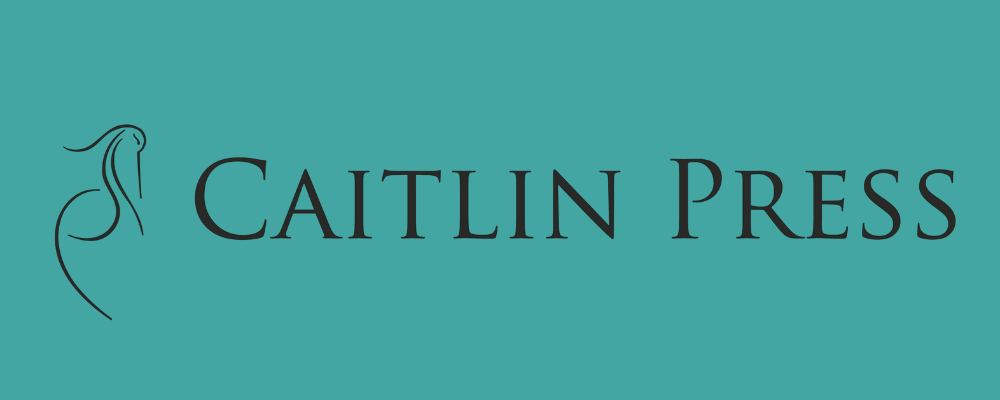How well do you know Canadian book consumers?
This is the last instalment of our get to know Canadian book consumers series, where we break down book buying, borrowing, and reading habits by age group and to give you the most up-to-date data from our consumer surveys — the Canadian Book Consumer Study 2022 and Canadian Leisure & Reading Study 2022.
Over the months, we’ve gotten to know Canadian book consumers ages 18–29, ages 30–44, ages 45–54, and ages 55–64. To finish off this series, we’re taking a look at our final age group — Canadian book consumers ages 65 and up.
Let’s get started!
They’re reading for free
Out of all Canadian book consumers, Canadian book consumers 65+ read the most for free.
In the Canadian Reading & Leisure Study 2022, it’s these book consumers who were the most likely to:
spend $0 on books in the last year — 36%; and
only get free books or borrow them — 41%.
When Canadian book consumers ages 65 and up do buy books, they’re the most likely to buy a book because it’s part of a special offer or offered at a low price (24%), as per the Canadian Book Consumer Study 2022. Once they’re finished reading a book they’ve bought, this age group is also the most likely to lend or pass a book to someone else, at 7%.
At the library, Canadian book consumers ages 65 and over are the most likely to only borrow books for themselves, at 81%. They’re also the most likely to borrow books from the library in 2022 because:
they want to read it, but don’t want to own it — 56%;
they don't want to spend money on it — 55%;
they want to support their local library — 42%; and
it's a habit to borrow instead of buy — 38%.
Canadian book consumers 65+ are the most likely group to visit the library to pick up holds, at 35%. According to the Canadian Leisure & Reading Study 2022, this age group borrows ebooks (31%) and audiobooks (30%) from the library more than any other. That being said, they’re also the least likely to read ebooks (44%) and listen to audiobooks (21%).
They’re playing favourites
For Canadian book consumers ages 65 and up, the book’s author makes a difference in how they buy, borrow, and read books. In the Canadian Leisure & Reading Study 2022, we found that the book’s author is what influences this age group of Canadian book consumers the most, at 47%. While reading, or shortly after, Canadian book consumers ages 65 and over are also the most likely to search for other books by that same author, at 39%.
According to the Canadian Book Consumer Study 2022, Canadian book consumers ages 65+ are the most likely to become aware of a book they have purchased because they had read other books by the author or illustrator (33%). More than any other age group, Canadian book borrowers ages 65 and up became aware of the books they borrowed by:
having read other books by the author/illustrator — 43%; and
browsing books by author/illustrator — 40%.
Browsing is an important discovery method for Canadian book consumers ages 65+ in bookstores and at the library. In 2022, these Canadian book buyers were the mostly likely to first see the books they purchased by:
browsing genre/subject area — 19%; and
browsing books by author/illustrator — 16%.
Tied with Canadian book consumers ages 54 to 64, 35% of Canadian book consumers ages 65+ visited the library to browse displays and shelves for books to borrow in 2022.
They’re Fiction readers
Canadian book consumers ages 65+ are voracious readers. They’re the most likely to read 12 to 49 books (25%) and 50 or more books (11%) in a year, according to the Canadian Leisure & Readings Study 2022.
What books are Canadian book consumers ages 65+ reading? From the Canadian Book Consumer Study 2022, Canadian book consumers ages 65 and over are the most likely age group to be buying Fiction titles, at 68%. They’re also tied with Canadian book consumers ages 55 to 64 for being the most likely to buy Adult titles, at 86%.
Canadian book consumers ages 65+ were most likely to be buying, borrowing, reading, or listening to Mystery, Historical Fiction, or Fantasy Fiction titles and Biography and Autobiography or History Non-Fiction titles.
These book consumers were also the most likely to decide to buy a book because they like the series it belongs to, at 22%.
And that’s a wrap on this series on Canadian book consumers!
Check the other instalments of this blog series here and sign up for the research newsletter so you’re always in the know.















Insights into the latest updates and additions made to ONIX codelists.